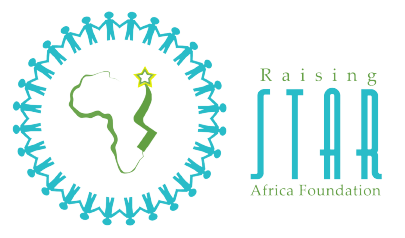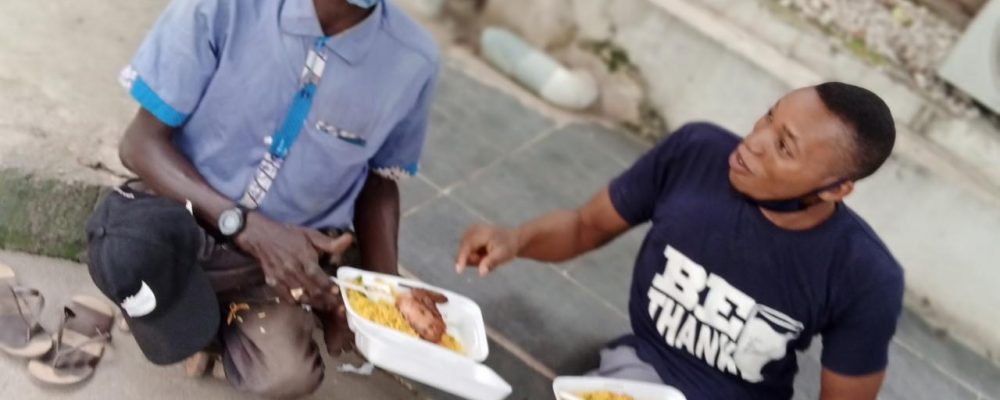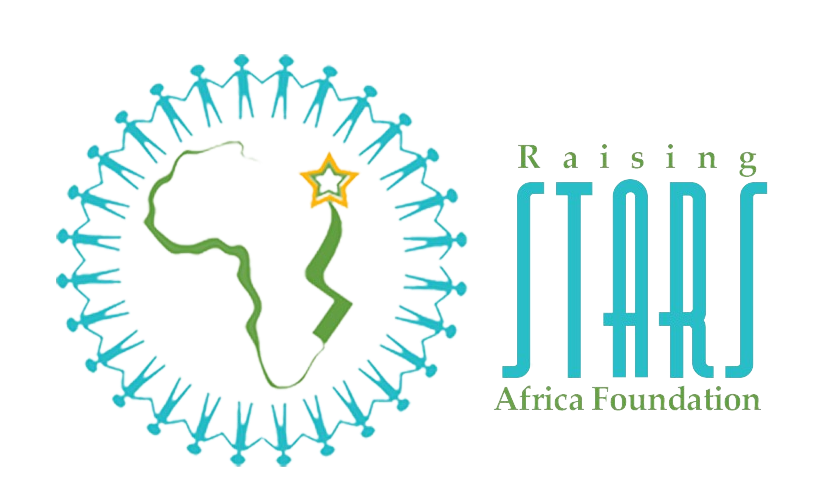One thing you will first notice about 16 years old Samuel is his beautiful smile, white set of teeth, and twinkling eyes before you notice that – he is blind and cannot see you. According to the World Health Organization’s 2011 World Disability Report, about 15 percent of Nigeria’s population, or at least 25 million people, have a disability. A 2005 study by the Leprosy Mission Nigeria found that, of its 1,093 respondents, 37 percent struggled with visual impairments, 32 percent had limited mobility, 15 percent had reduced hearing and the majority of people surveyed—61 percent—were unemployed because of their disability.
On January 23, 2018, Nigeria’s President Muhammadu Buhari signed into law the Discrimination Against Persons with Disabilities (Prohibition) Act, 2018, following 9 years of relentless advocacy by disability rights groups and activists. The law prohibits discrimination based on disability and imposes sanctions including fines and prison sentences on those who contravene it. It also stipulates a five-year transitional period for modifying public buildings, structures, and automobiles to make them accessible and usable for people with disabilities. April 2021, three years into the transitional period and after signing the act into law, the public structures, buildings, actions, and behaviors against People Living With Disabilities (PWD) – remains the same. Discrimination against PWDs in Nigeria stems from the negative public perception of people with disabilities in communities across the country. In many communities, PWDs are commonly viewed as accursed due to misinformed cultural beliefs. This has led to poor identification, evaluation, screening, and placement of children with disabilities.
Seun is ten years old and lives with his parents in the Ajegunle area of Lagos State. However, unlike his mates, Seun does not have any friends and rarely is allowed to go out. Every day he feels sad and lonely. Persons with disabilities in Nigeria persistently face stigma, discrimination, and barriers to accessing basic social services and economic opportunities. Oftentimes, families treat people with disabilities in Nigeria as a secret shame, persons with disabilities may experience negative attitudes at family and community levels, including name-calling, negative beliefs, and misconceptions surrounding the causes of disabilities (usually associated with religious or cultural norms, and beliefs). These negative attitudes often manifest in rejection, neglect, loss of respect, denial of identity or self-worth, and often result in low self-esteem, depression, and isolation. Other manifestations of discrimination against PWDs in Nigeria include limited access to employment and use of public spaces, stigmatization, unsolicited and discriminatory sympathy, and limited access to quality education. People with disabilities in Nigeria typically receive little support from the government and instead rely on family members, non-governmental organizations (NGOs), and religious groups. One of their biggest obstacles is the stigma surrounding their disabilities, which excludes them socially, economically, and politically.
Today, they face greater barriers brought about by the impacts of the COVID-19 pandemic. The health system in Nigeria is being limited by the availability of accessible hospitals and personnel who are aware of and specialized in disability inclusion and providing services for persons with disabilities. This has made persons with disabilities face difficulties accessing adequate health services. For many Persons with Disabilities (PWD), the pandemic has caused an increase in the level of exclusion and isolation they experience, with them facing more severe economic, health, and psychological consequences. From the first wave or early stages of Covid-19 till date there had been radio jingles, advertisements, messages about preventive measures, and self-protection against the pandemic, however little of the information being provided considered the needs of PWD: How does a hearing-impaired person listen to radio jingles? How does a visually impaired person manage social distancing?
As Nigeria passes through the second and the possibility of the third wave of the COVID-19 pandemic, the needs of PWD continue to be mostly ignored as they continue to face different challenges. When “palliatives” – food items – have been distributed by government agencies and NGOs, it is difficult for people with disabilities to collect them. As they have to compete with the “abled persons” to reach and collect these items. The questions now asked are – how prepared is the Nigerian system in caring for PWD in the event of subsequent pandemics? What lessons can we get from the COVID-19 and what preventive measures can be taken in the care of PWD?
Every day on Nigerian streets PWD are still ignored, stigmatized, and ostracized, what has been done so far ? and what can we do to eliminate these and ensure the right of every Nigerian is upholded, irrespective of their abilities’.


